
PERSONS
12-11-2021 by Freddie del Curatolo
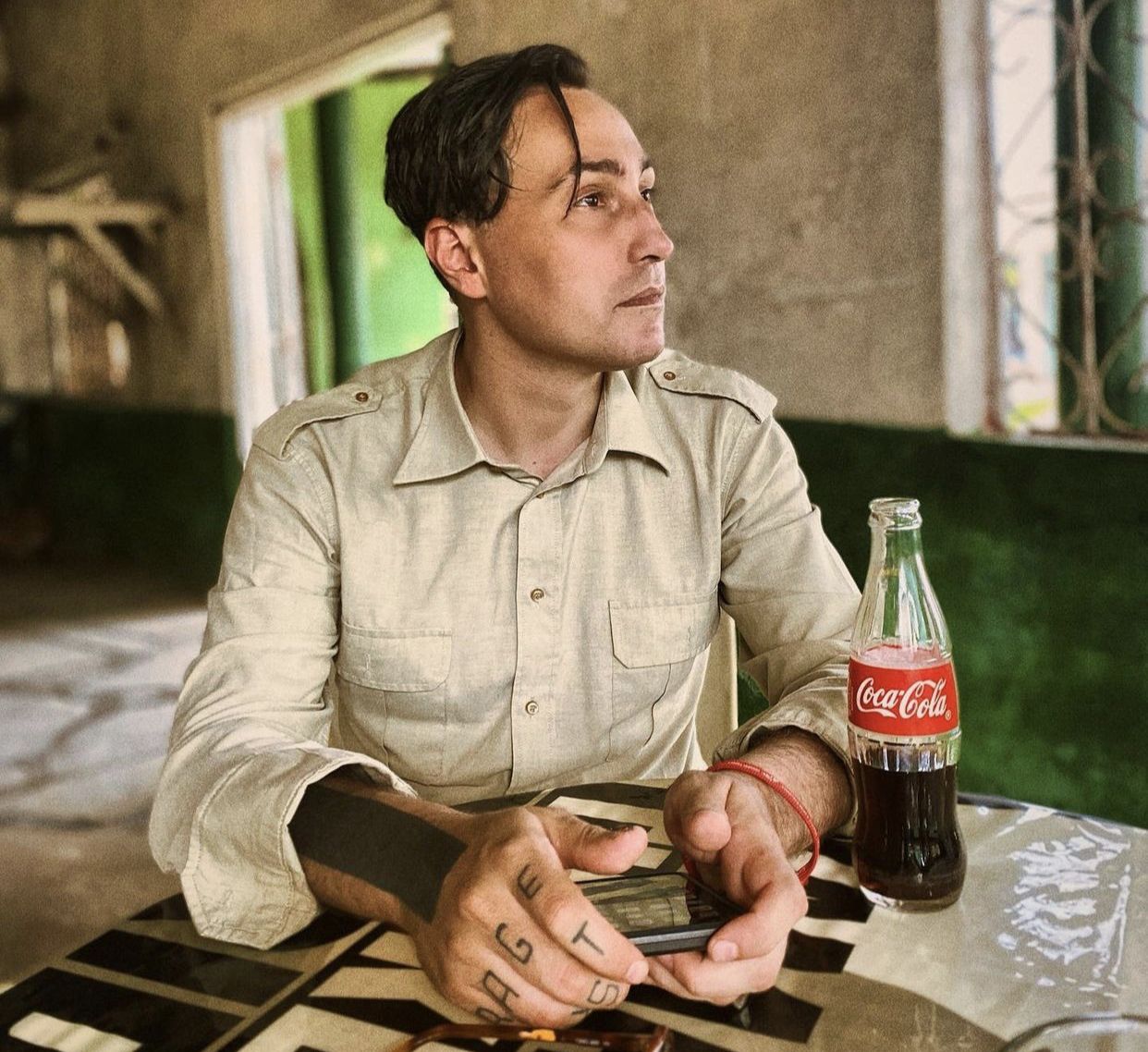
A few days ago the editing of the docufilm "The Lunatic Express", co-written and shot in Kenya by the Italian director Massimilian Breeder, with the collaboration of the French actress and model Solweig Lizlow, was completed.
This is an absolutely original feature film that manages to be raw, real and visionary at the same time.
The project started with the "crazy" idea of having each person or group of people who contributed to the film with their testimonies build, in each place they visited along the route of the famous Mombasa-Nairobi railway (which for more than a century bore the name of the film's title), a one-meter by one-meter panel, with simple wooden laths and plywood boards.
All the panels were consequently transported for kilometers on foot, or by train, to a single location, that is the center of Malindi to be assembled together in a single huge billboard on which was composed a message chosen in unison, as the conclusion of a sort of odyssey that brought together people of different ideas, cultures and geographical origins in a single gesture, partly satirical, partly consistent with a common thought.
Malindikenya met with the director and screenwriter, originally from Genoa, who has lived for many years between the United States and our country, with an increasingly assiduous presence in Africa.
Massimilian, can you tell us how the idea for "The Lunatic Express" came about?
I must say that Kenya is one of the places that have left a particular mark on my life. I visited it for the first time in 1996, when I was 18 years old and "escaped" from the resort life, all swimming pools and entertainment, for a motorcycle excursion in real Africa.
Since then I have always dreamed of returning and after moving to New York, seven years later came the opportunity to participate in a production of a documentary that would be shot in the savannah of Kenya. It was an extremely underpaid job, but after that second time I returned a third and a fourth.
As time went by, my bond with this land of emotions and contradictions grew, and it brought with it through the years friendships that in a certain sense adopted me.
So the film was born as an emotional and visceral response to those who have seen Kenya change year after year, and how these changes have had a profound effect on the lives of the people closest to me, as well as on entire communities and cultures that populate the different geographical areas of the country.
You weren't alone in this adventure....
No, I shot this work in collaboration with Solweig Lizlow, who like me has had a special connection to this land for years, and part of his family has Kenyan ancestry.
The initial structure of this project was to tell the story of a family in Malindi that we have known for many years and to whom we are both very close affectively.
They too have been particularly affected by the succession of events over the last five years, which have transformed a region with an economy entirely based on tourism into a "wasteland" of abandoned hotels and houses invaded by roots and climbing plants, in nature's gesture of reclaiming what belongs to her.
At the same time we wanted these stories not to be limited to Kilifi County, but to follow the imaginary line of the first African railway, the Lunatic Express, to take us inland, where other testimonies have told of different situations and problems.
So the screenplay developed here in Kenya as a "work in progress"?
I would say so, yes. Initially the main interest was to explore the impact that domestic and foreign politics, events associated with Al-Shabaab militant groups and the recent role of the global pandemic, have had on tourism and the lives of coastal communities. Subsequently, thanks also to our meeting with you at Malindikenya.net, we became aware of many other local issues, which gave us the opportunity to explore dynamics of which we were completely unfamiliar. Thanks to your contribution, we came into contact with the Giriama community and we have deepened the role that "land grabbing" and the extermination of the elderly, associated with beliefs in black magic and witchcraft, have on the unsustainability of economic and social growth.
Along with the elderly, young people seem to be oppressed by the inability to improve their status for fear of becoming an easy target.
The impression I got is that of a society full of enviable qualities, and at the same time affected in part by a general "crab syndrome", where in part the unsustainability of growth becomes self-inflicted.
You have traveled thousands of kilometers and met many Kenyans, is there a particular story you want to tell?
We have been lucky enough to cross a land so rich in different cultures and customs, which has led us to have daily encounters that have left a permanent mark in our memory, as well as constant daily reflections. The best thing is that we would be spoilt for choice of beautiful things to tell.
If I really have to choose one, it's that of an evening when a dear friend of Mtangani, Mwash Nelson, came by our house, just before curfew, to take us on his motorcycle to a party in a village whose name I don't remember, somewhere between Kibokoni Primary School and the Galana River.
For the first time in two years of lockdown, we were together with hundreds of people, with loud music under the stars until late at night. I had forgotten about that feeling of freedom, of connecting with others, of sharing the present, without memories of the past and worries about the future. There I met a boy of about 20 years old, who told me about his dream of becoming a rap/hip hop singer, and how impossible certain dreams seem in a village in the hinterland of Malindi. The following week we met at dawn and, with all his friends, we shot his first video-clip together, with no budget, no studio, just with the extraordinary passion of all his friends in creating something that shows a glimmer of a better future.
In the video at the bottom of this article is something Kenya taught me.
The film's premiere, scheduled in France for November 16, has been postponed due to restrictions related (still, unfortunately) to Covid-19.
What will be the future path of "The Lunatic Express"?
We will certainly be attending festivals and would like to take the film to Kenya to find a way to screen it in Malindi and invite everyone who attended. We realized that there are no cinemas in Malindi, but somehow we will arrange for a public screening night. The film will then be distributed free online in order to donate donations directly to projects such as MADCA's for the protection of Mijikenda culture and traditions.
NEWS
by redazione

A documentary about Italians in Kenya. And 'the idea, supported by the Italian Institute of Culture in Nairobi, the Italian director Giampaolo Montesanto.
Montesanto has recently completed and put into service a similar feature, the Italians in Eritrea and is ready to...
DOCUMENTARY
by redazione
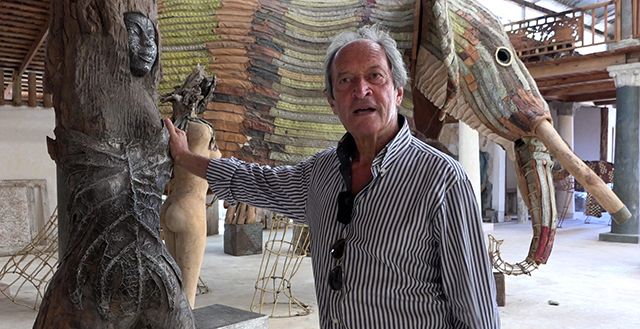
The filming of the documentary film "Italian in Kenya" has ended. It's a short feature commissioned by the Italian Foreign Ministry, through the Italian Institute of Culture in Nairobi, as part of the week of Italian language in the world.
EVENTS
by redazione
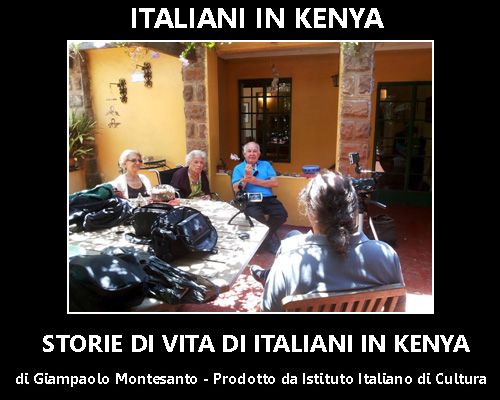
On Tuesday, November 7, the documentary by director Giampaolo Montesanto "Italiani in Kenya"will be premiered in Malindi.
The screening will be staged at 6 p.m. in...
by Freddie del Curatolo
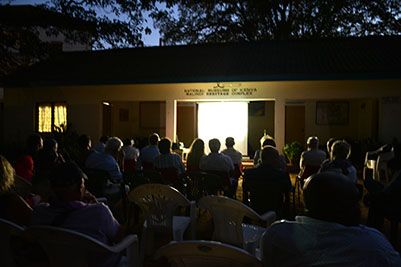
The malindian exploration of Giampaolo Montesanto director had his moment with the public screening of the documentary "Italians in Eritrea" and the presentation of the project "Italian in Kenya" by the Italian Institute of Culture in Nairobi and funded by the...
Appointments
by redazione

The appointment is not to be missed, for Italians who are in Malindi and surroundings in this period.
Saturday, October 15 at 18 at the National Museum of Malindi (former DC office, behind the square of change, Uhuru Garden) the...
VIDEO
by Freddie del Curatolo
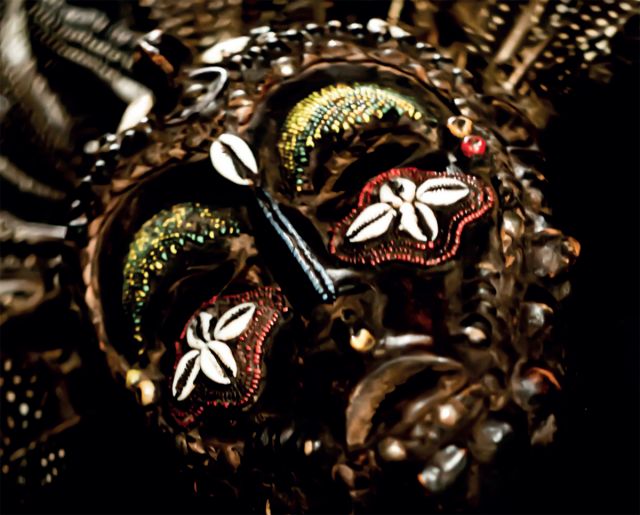
Il tocco dello Sciamano' (The Shaman's Touch) is a very interesting documentary shot in Kenya, as well as...
by redazione
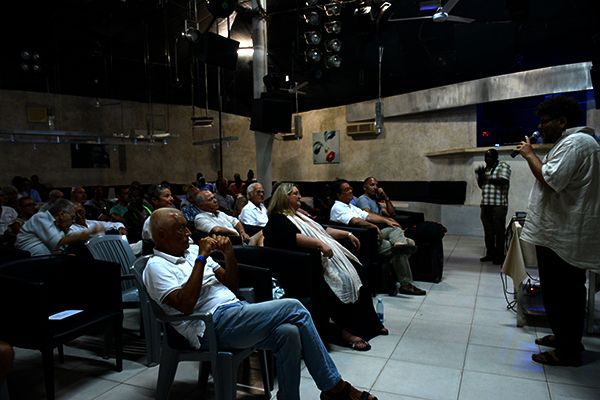
An evening of other times and maybe Malindi, when you filled the Stardust disco, a temple of good nights on the coast, even in the afternoon.
Times in which football matches...
FILM
by Freddie del Curatolo
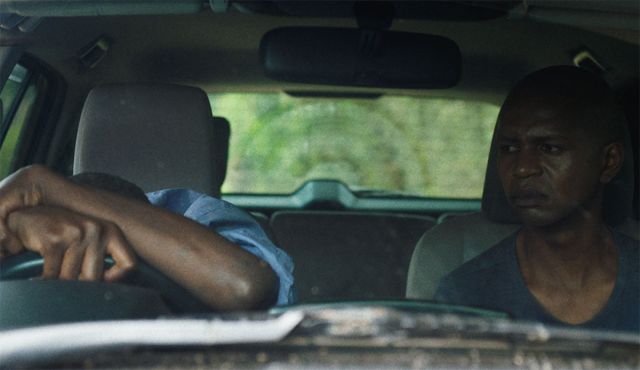
A Kenyan debut director's film takes the podium at the most prestigious African film...
DOCUMENTS
by Leni Frau
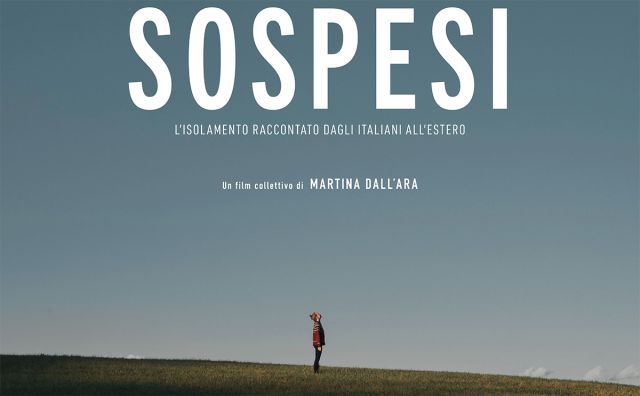
There is also a little bit of Kenya, among the many places in the world that appear, through the stories...
PERSONS
by Freddie del Curatolo
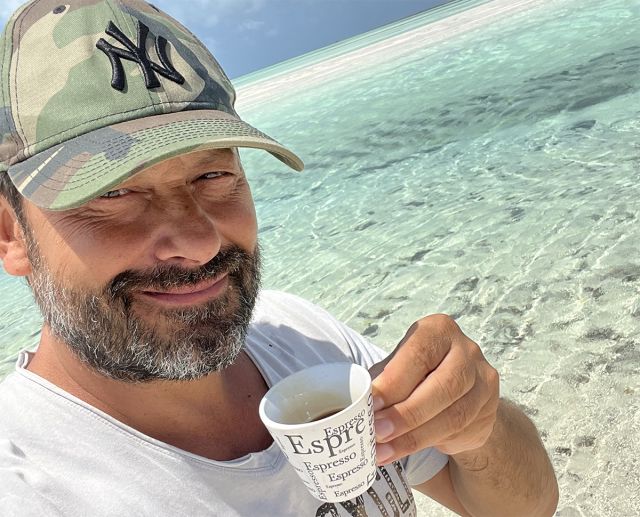
He knows how to tell stories that are not at all banal and very evocative, Luca Noris, and above all...